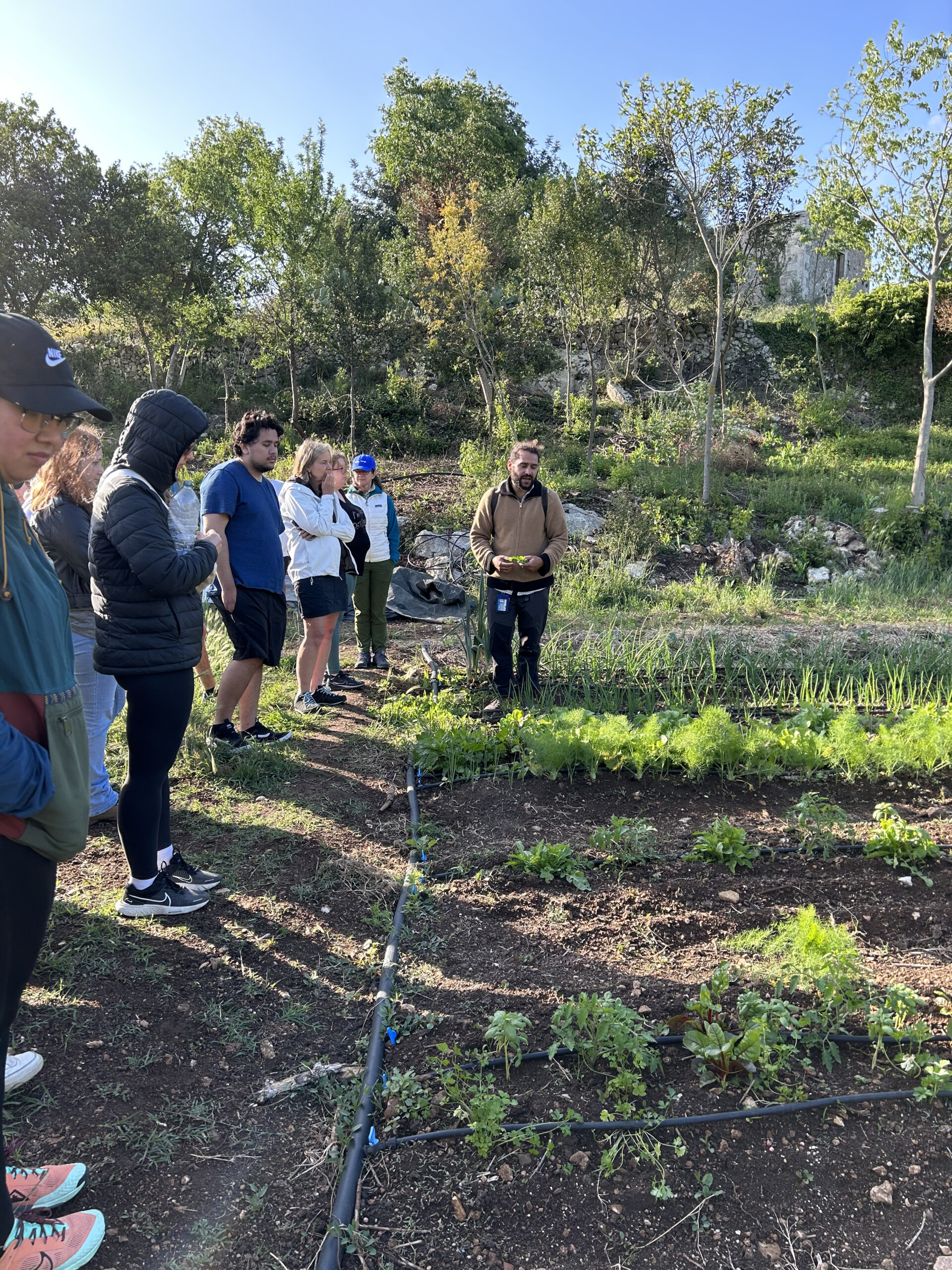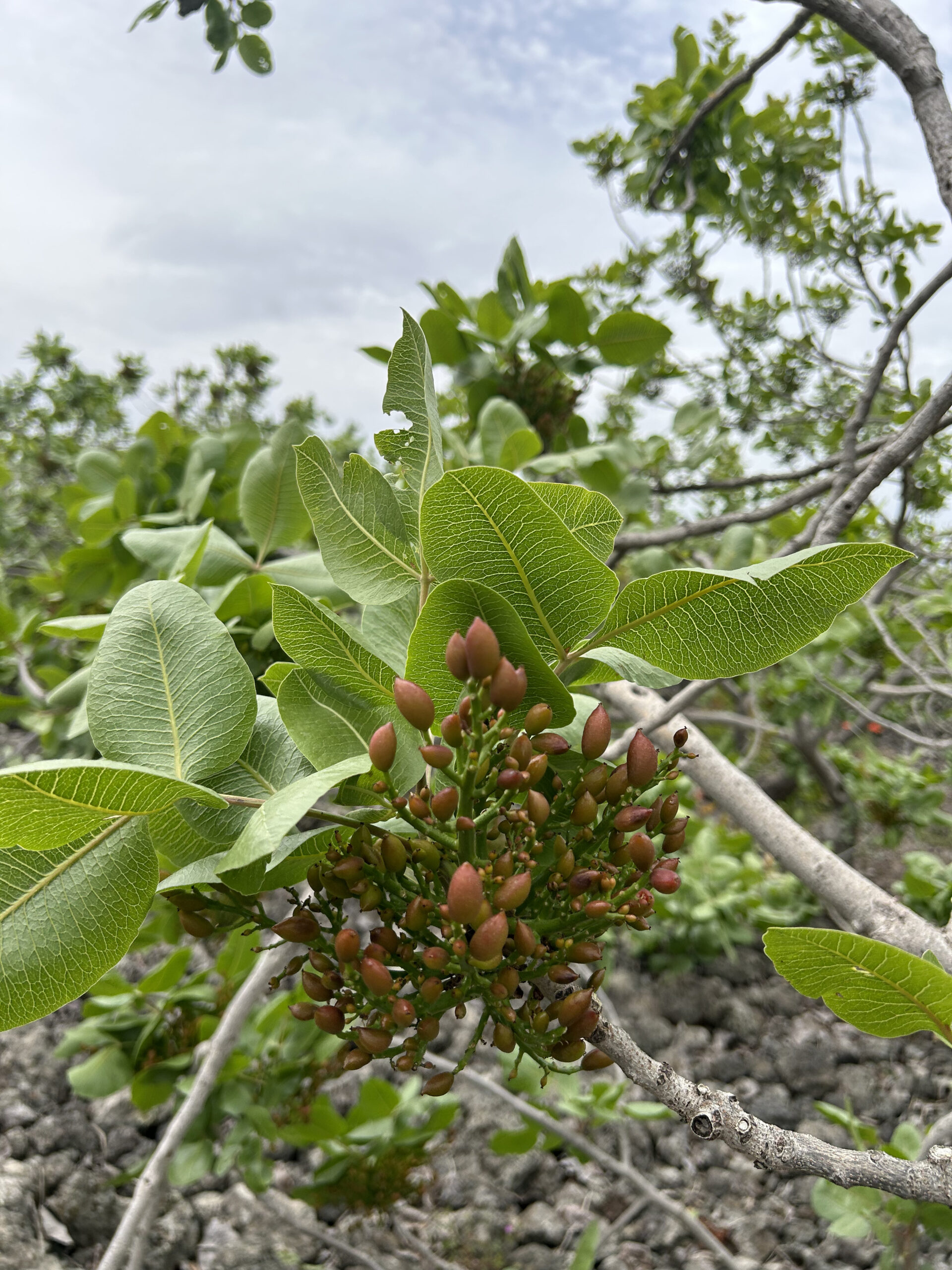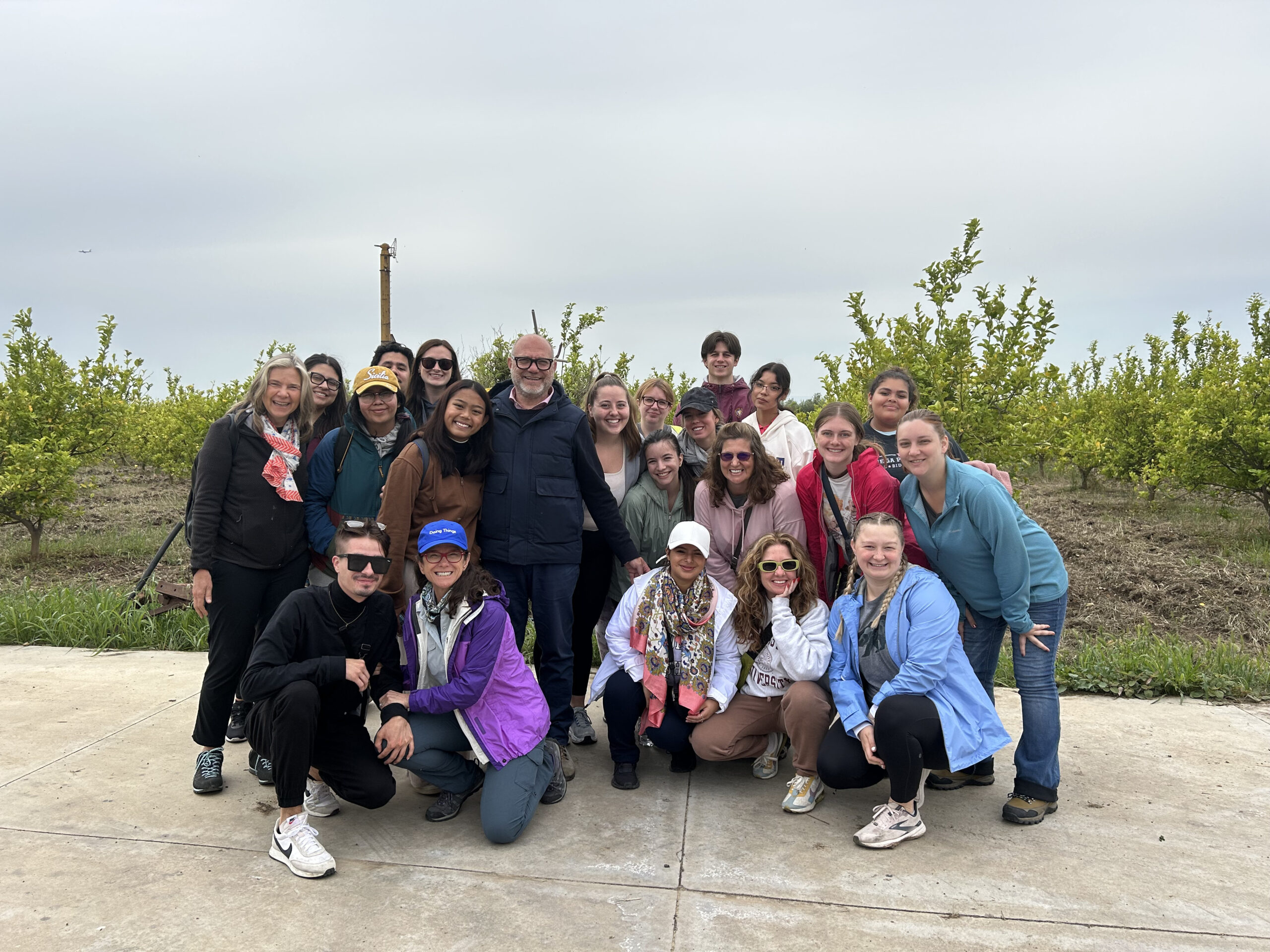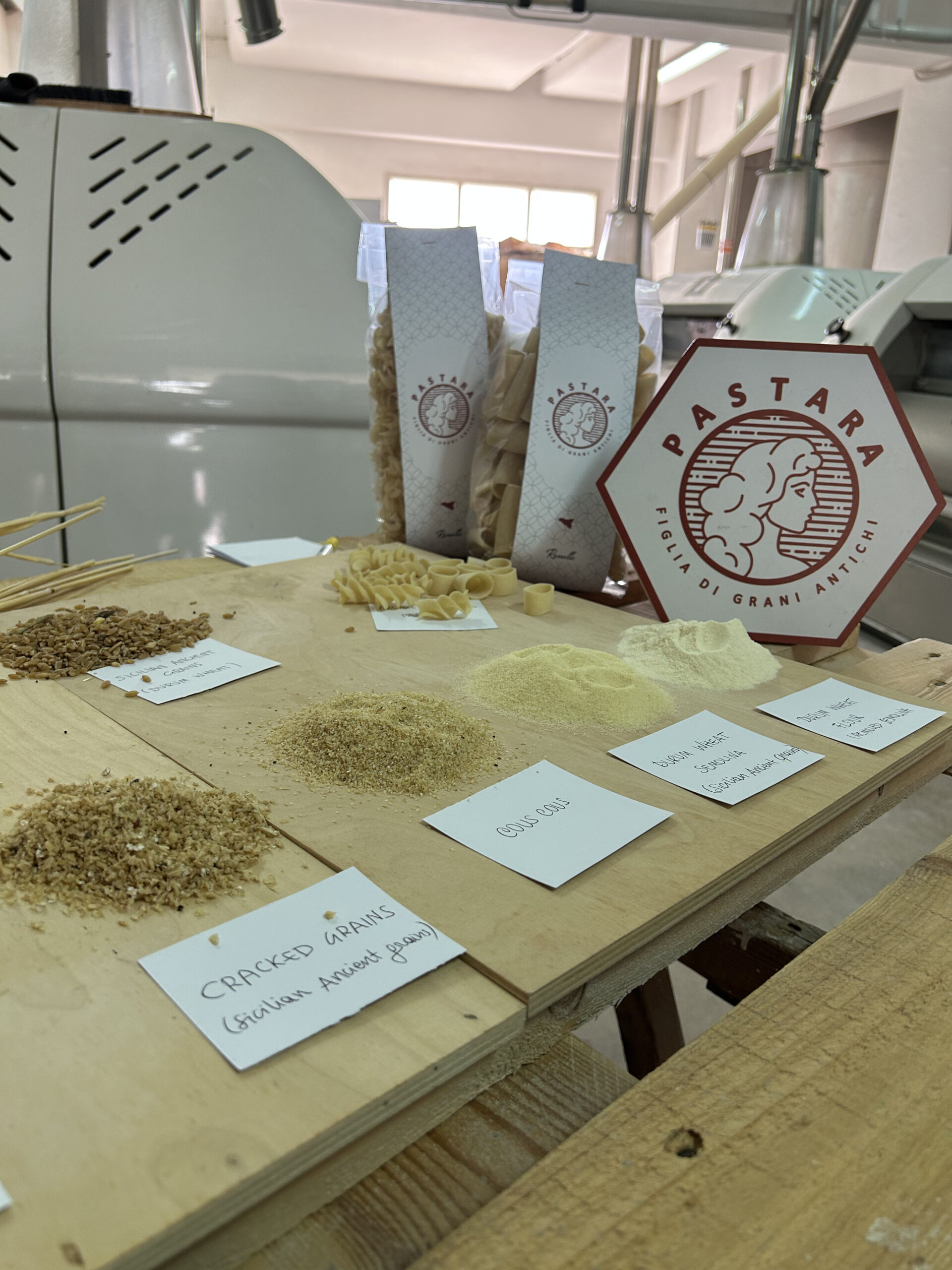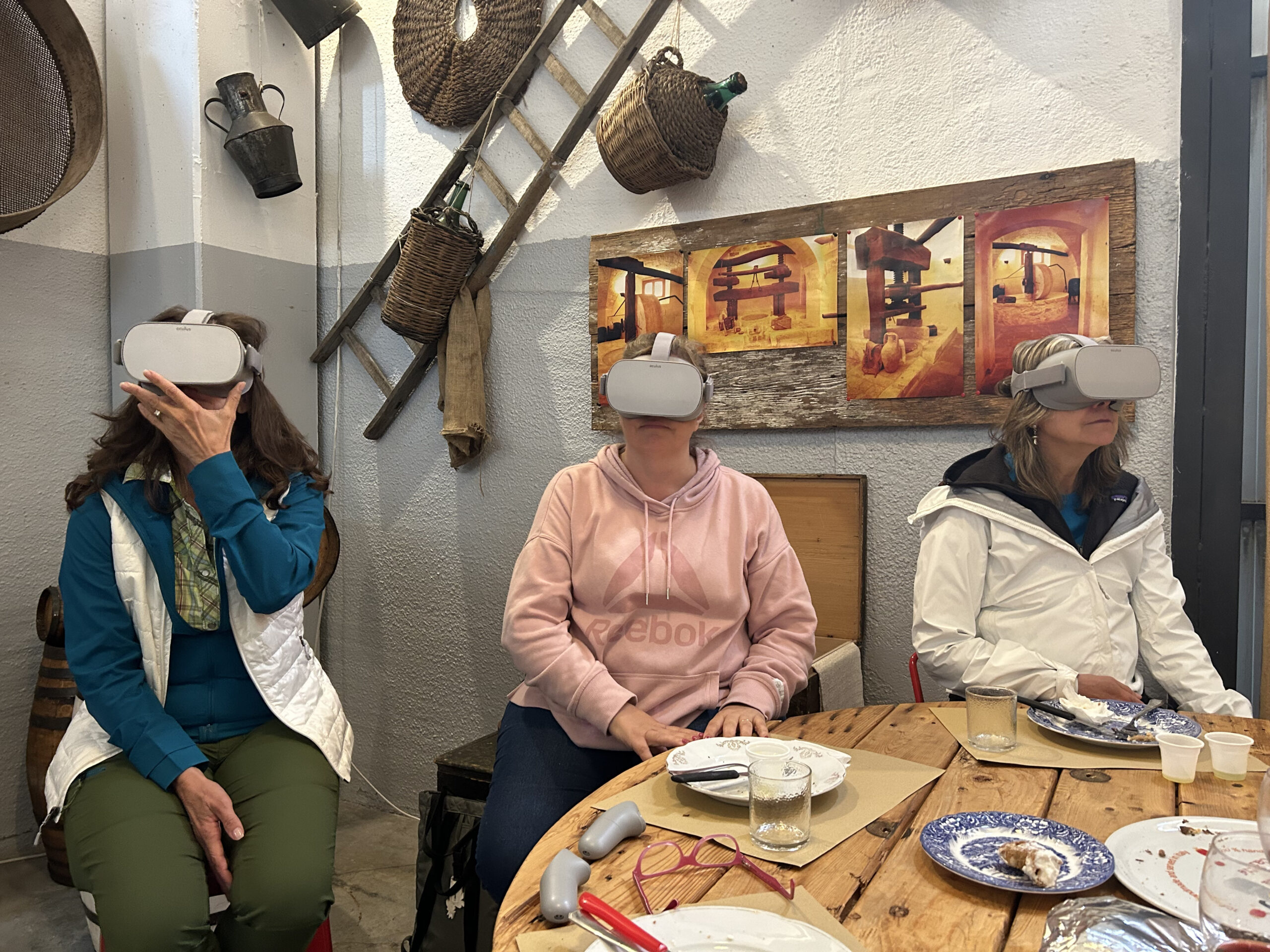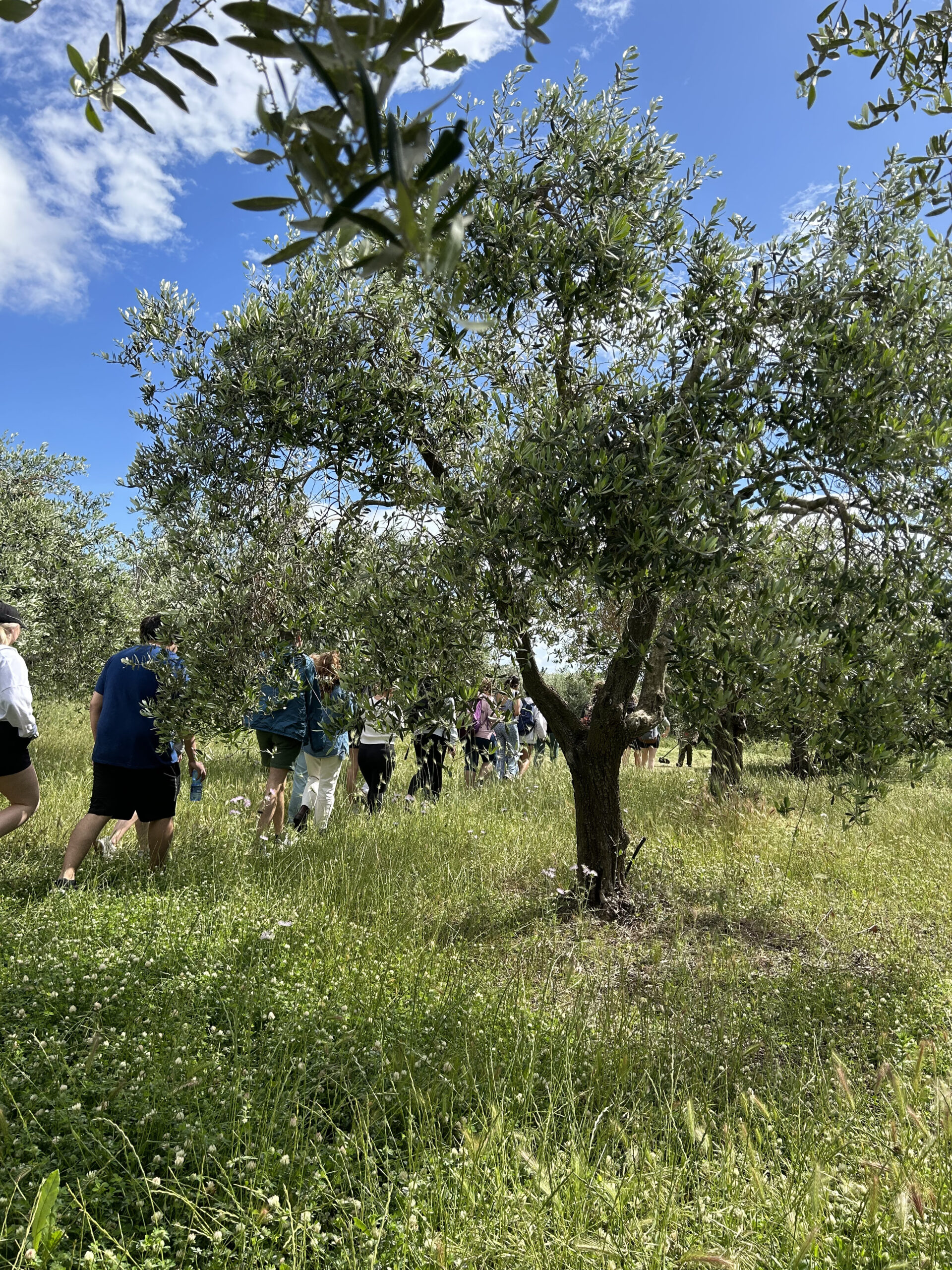Savoring Sicily: Insights into Mediterranean Food and Culture from ASU’s Program in Sicily
An Academic Exploration of Food as a Cultural Conduit
The Mediterranean Food and Culture program (ASU-MFC) at Arizona State University, situated in Syracuse, Sicily, presents a unique academic exploration into the rich and diverse culinary traditions of the Mediterranean region. This innovative program investigates the intricate web of historical, cultural, and gastronomical exchanges that have shaped the Mediterranean basin.
The Pedagogical Framework: Food as a Historical Narrative
Central to the ASU-MFC program is the concept of using food as a narrative to understand the complex interplay of different cultures in the Mediterranean. The program is structured to provide students with an in-depth understanding of how food has been a pivotal element in the socio-cultural evolution of this region. For example, students took an educational hike on Mount Etna, focusing on its unique agricultural history. Initially, locals utilized the mountain’s snow and ice, selling it as a cooling agent in warmer months. This practice evolved as they discovered Etna’s volcanic soil was ideal for growing unique vegetables, leading to a shift in their agricultural focus. The most remarkable of these agricultural ventures is the cultivation of pistachios. The Etna pistachios have earned worldwide fame for their exceptional taste, making them a sought-after commodity globally. This evolution from ice sales to pistachio cultivation highlights the adaptability and resourcefulness of the people living in the shadow of Mount Etna, as well as the diverse opportunities presented by this unique natural environment. It delves into the historical significance, cultural exchanges, and the resultant culinary amalgamations that define Mediterranean cuisine today.
In-Depth Learning Activities
The program’s curriculum includes carefully curated activities for an immersive educational experience. One key activity is the Syracuse Traditional Market Exploration, where students conduct an ethnographic study of ancient Sicilian cooking methods. This includes examining historical cooking tools and ingredients, followed by hands-on experience in preparing traditional Sicilian dishes like homemade pasta with swordfish. This approach allows students to practically apply their learnings and understand the evolution of Sicilian culinary practices.
Another significant component is the Study of Olive Oil Production in Terra Surti, Sortino. This segment of the curriculum delves into the intricacies of olive cultivation and oil production. It includes a field trip featuring an olive oil tasting session and visits to traditional agricultural sites. This experience is designed to enhance the students’ understanding of sustainable agricultural practices, particularly those prevalent in the Hybleian mountains.
Additionally, the curriculum includes a Pasta Production Workshop with Chiara di Benedetto at Pastara. Here, students participate in an exhaustive workshop that covers the entire pasta production cycle, from wheat cultivation to flour milling and pasta making. Under the guidance of Chiara di Benedetto, this workshop culminates in a meal where students can savour dishes such as fresh pasta and Scaccia Ragusana, thereby contextualising the theoretical knowledge acquired in a practical, culinary setting.
The Multifaceted Academic Approach
The ASU-MFC program employs a multidisciplinary approach, integrating historical, cultural, economic, and environmental perspectives into the study of food. This holistic methodology provides students with a nuanced understanding of the intricate relationship between food and society, highlighting the role of cuisine in shaping cultural identities and historical narratives. Students attended specialised lectures focusing on the food systems in Sicily, emphasising sustainable practices. This theoretical knowledge was complemented by practical immersion through dinners hosted by local families, where students experienced firsthand the culinary traditions and the socio-cultural nuances of Sicilian life.
Conclusion: An Intellectual Feast
The ASU-MFC program transcends the boundaries of traditional culinary studies, presenting food as a key element in understanding broader societal constructs and historical developments. This academically rigorous program offers students an unparalleled opportunity to delve deeply into the essence of Mediterranean cuisine, its historical roots, and its contemporary significance, making it a truly enlightening intellectual journey.

